Have you ever thought about making a life change by moving somewhere with a slower pace?
What would it feel like to have a place in nature that’s just for you to get away?
Having traveled to so many beautiful wilderness places to rock climb, my husband and I have always wanted a piece of mountain property of our own. Somewhere we could live either seasonally or full time. Now that we’re parents, it’d be a place our child could play without worrying about being hit by a car.
Maybe the property could even host other campers, families, and adventurers like us on the land.
With these ideas in mind, we casually starting looking a few years ago. But after COVID hit, we began searching in earnest. And after almost one year, we found our dream property in southern Utah.
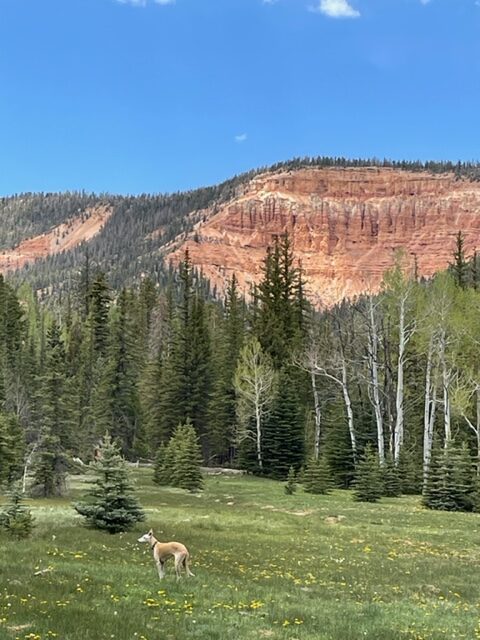
It’s 80 acres of alpine forest and meadow at 8000 ft elevation. We can’t say it’s absolutely perfect; it doesn’t check every single box. But it’s really, really good. We’ve now owned and occupied (off and on) the property for one year, and it’s beginning to feel like home.
We learned so much in the process of searching, selecting, and then purchasing our land. If you’ve ever considered buying a piece of land, or even just purchasing a home in a rural/seasonal area, here is a summary of what we learned. Note, these tips are not at all financial in nature (such as how to finance land or how to take advantage of the tax status of land. This post is more about things to think about when buying land and the method we used to search for it.
Keep your unique land use vision in mind
This is the most important thing we realized. Why are you considering purchasing this property? What do you plan to do with it? How do you see yourself using it? Do you envision the land being part of a business, or will it be purely for personal use? Do you want to use the property year-round as a complete change of lifestyle? Perhaps you want somewhere to live seasonally, or maybe all you want is a nice piece of property for weekend getaways. All these questions will dictate things like size, budget, climate, elevation, remoteness, proximity to where you’re currently living, etc.
Does everyone in the family have the same vision for the land? My big desire was to find a property with at least some infrastructure; for instance, drilling a well seemed overwhelming. My husband preferred the idea of raw land over land with a home or cabin because whatever’s already there almost always needs to be redone. We looked at properties that had absolutely nothing on them and properties with lavish homes. One property I toured on my own in New Mexico had an adorable adobe house on it… but the doorways were so short that I had to duck to walk around! The entire house would have had to be gutted for our family to comfortably to live there.
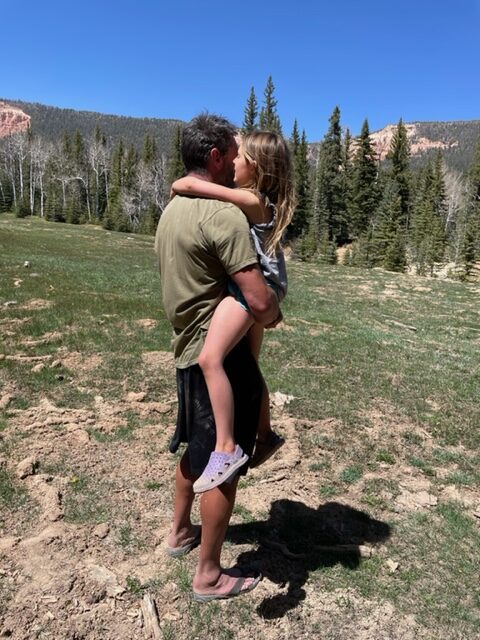
It’s really easy to get caught up in the romance of certain properties; maybe there’s a water feature or a beautiful cabin. The key is making sure the property meets your vision, values, and budget. Budgets often puts a hard stop on this, but with other factors, you need to be more self-aware to make the right decisions.
Bottom line: It’s very rare to find a turnkey property with a beautiful cabin home plus all utilities set up on large acreage in the perfect location – especially at a reasonable price. But there’s a sweet spot for everyone between raw land and turnkey.
Utilize multiple search resources
Zillow is still useful for land listings, but you have to be careful about your search criteria. We used minimum acreages and widened our land types so the results didn’t just show homes. Landwatch.com is a website with advanced searches by county and land type (farm, commercial, residential, raw land, etc.). It can be overwhelming if you do not have a specific geographic location in mind, but the search functions are quite robust. If you know the state you’d like to target, you can also find state-specific real estate sites (such as utahrealestate.com). If you decide to involve a real estate agent this early in the game, they can also help you with MLS access. You can also get one to invite you to the FlexMLS app for homebuyers. We didn’t use this because my husband has a RE license, so I can’t comment on how helpful it is.
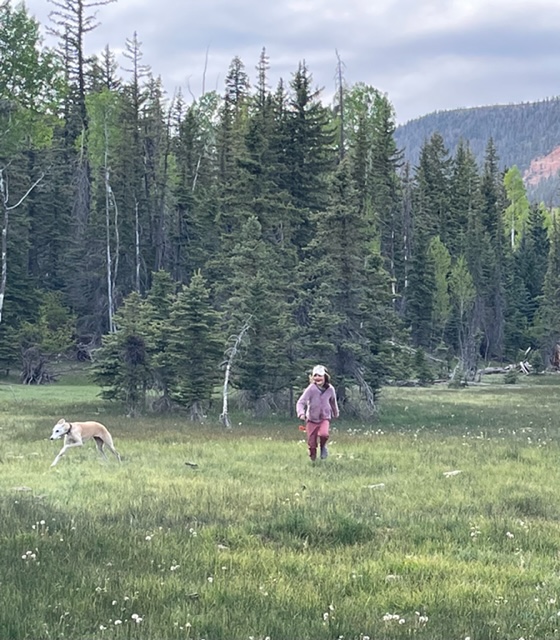
Your particular land use vision can help you figure out the other resources for your property search. We had a specific desire of high elevation land, so an app that we found really helpful was OnX Hunt. It’s a hunting app that shows hunting units on public land, the surrounding private parcels, and elevation/topography. Given our different desires for elevation, privacy but proximity to a town, we devised a search algorithm:
- Narrow down to a few of your most desired states or geographic regions.
- Search listings on Zillow, Landwatch, MLS, etc.
- Plug the address into OnX Hunt (sometimes this didn’t work but often you could extrapolate which property in a particular area was for sale based on lot size). Assess the elevation, topography, roads to access, and neighbor situation.
- Plug the GPS coordinates from OnX Hunt (or address if robust enough) into Google Maps. Obtain directions (with drive times) from the property to the nearest town and from the property to a major airport.
- If necessary, Google the nearby small towns to see how big they are and what resources they have.
Pay attention to constraints
I’m mainly referring here to regulatory constraints and geographical/topographical constraints, both of which present tradeoffs. Huge pieces of remote property are unlikely to have restrictions on the number or type of structures allowed, whereas a plot of land in a subdivision may have a full set of CC&Rs.
We looked at one relatively large property near a ski resort, and it not only had CC&Rs but required approval from an architectural committee any time you build anything. RVs weren’t even allowed. This was clearly not our type of place… but it might be yours. Conversely, the more “free” pieces of land are likely farther away from neighbors. And stores, and “real” roads, and emergency personnel.
See how it all depends on your preferences and your land vision?
Water should always be a consideration
Water is important to everything and everybody, so it’s always something to think about when buying property. Is the property near a city water tie in? Is there an actual water source on the property? What is the situation in terms of water rights?
When I was a kid and my family owned a small cabin on an acre in Utah, we pumped water from a nearby creek. Other landowners near our property today haul their water from a spring up the road. They use an elaborate system of long pipes to gravity-fill their tanks in the back of their trucks and trailers. In contrast, land owners in a nearby village have a county water system piped to their properties.
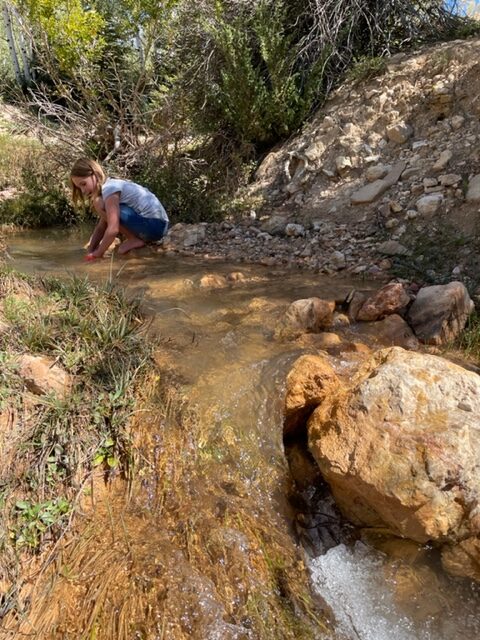
We thankfully have multiple springs and even a creek, which was a major selling point for us. We could sell some of our water rights to nearby farmers someday if we wanted or needed to; more importantly, we’re not poaching the water we get, and we don’t have to go far to get it.
If there isn’t any water closeby, as was the case for a few properties we viewed in northern Arizona, you’ll likely have to have a well drilled. This can be a huge expense depending on the depth of the water table, so definitely look into the feasibility and cost of drilling if this is the case.
Consider the community
While a locale might be idyllic, the surrounding community matters. Unless you’re planning to move to the literal middle of nowhere, you’ll likely have neighbors in some proximity. And what will you do when you need to go to the grocery store? Research the area around your land by spending some time in the community.
Do you fit in with the other people that live there? What will you be doing in town, and how often do you plan to go there? What kinds of features of the town are important to you – library, shopping, culture, schools, recreation opportunities, etc?
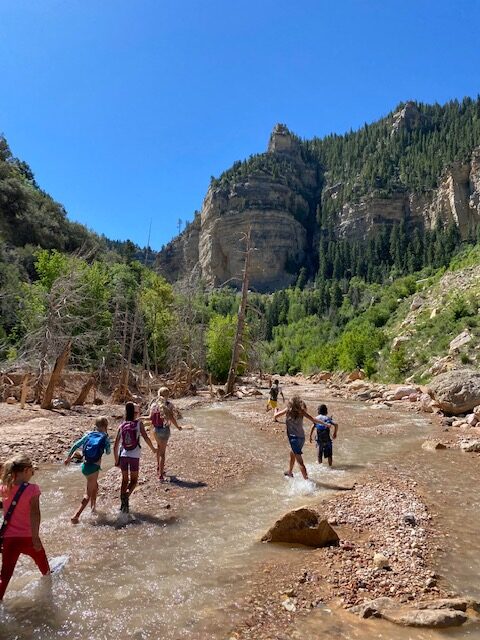
Melody Warnick wrote a book called If You Could Live Anywhere and talks about it in this podcast. She discusses ways to consider a community when deciding where to live that might be helpful. I recommend, as she does, spending some time in the community by renting an AirBnB or camping nearby, using the library and shopping at the stores, and maybe visiting the parks to get a true feel.
Comparison shopping is near impossible
As you can see, there are so many factors that go into the price of a piece of property like this. When we started looking, we had a max price in mind. That number quickly morphed to a max price with house and a max price without house. Then we realized we had to consider the definition of “house”, as the dwellings on properties can range from a small shed to a full-blown modern home.
Other factors that play into the price include road access, proximity to cities/towns, seasonality, grid-tie utilities, water access, bodies of water, water rights… the stuff I’ve already mentioned. In addition, large pieces of remote property vary by price based on their potential for farming, hunting, and other sport use.
When deciding if a price is fair, consider that there will be no neighborhood comps. Knowing what you want out of the property and what your non-negotiables are will help you to best narrow the field.
TL:DR…
Can you imagine what it was like to look for a piece of land like this before the invention of modern-day conveniences like the mobile phone and GPS? Long ago, most of the properties we looked at were handed down from settlers in the area to their families. Later, prospective buyers had to hone in on a geographic location and then just… drive around, I guess. Realtors help, but they aren’t YOU. They can never fully understand what you want out of the property.
The journey of buying a piece of land, large property, or rural vacation place is going to look different for everyone. Know what you want by taking the factors I mentioned here into consideration to help narrow down the search.
Let me know which concepts help you the most!
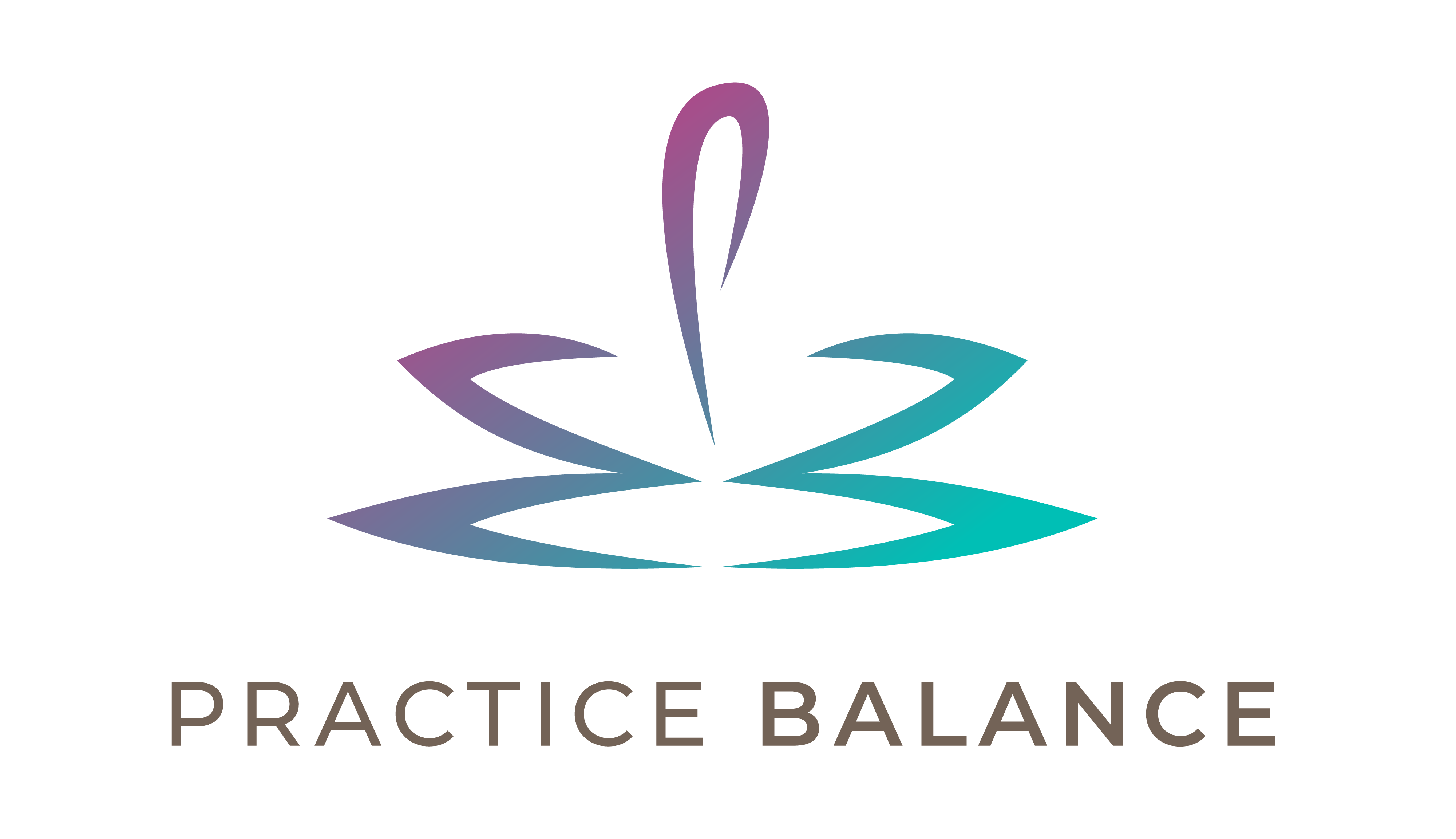

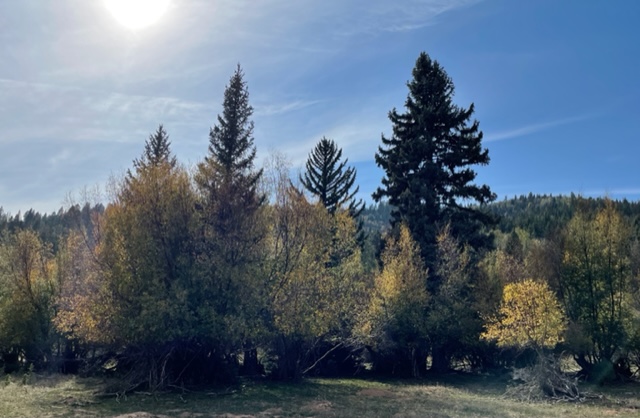
 The End* of My Fertility Journey
The End* of My Fertility Journey
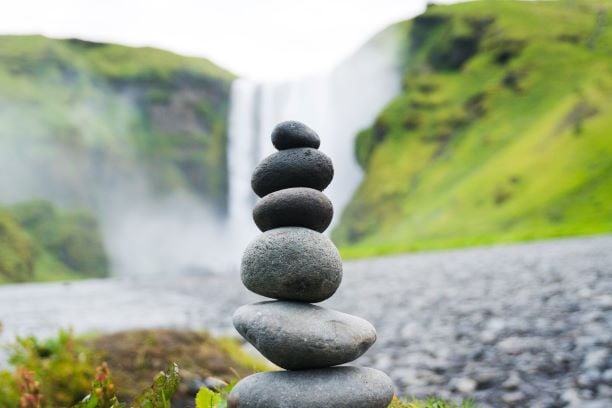
Loved this thoughtful article, Dawn. I was curious if you all bought a homestead from a family who had lived there for generations without having to buy it or if your plot had already changed hands several times?
Hi Julie! Our homestead had changed hands at least a couple times before we purchased it. It’s possible that our property was originally a Smith settlement (as in Joseph Smith/mormonism founder) b/c our creek is called the “Smith ditch”. I’ll have to dig to find out!